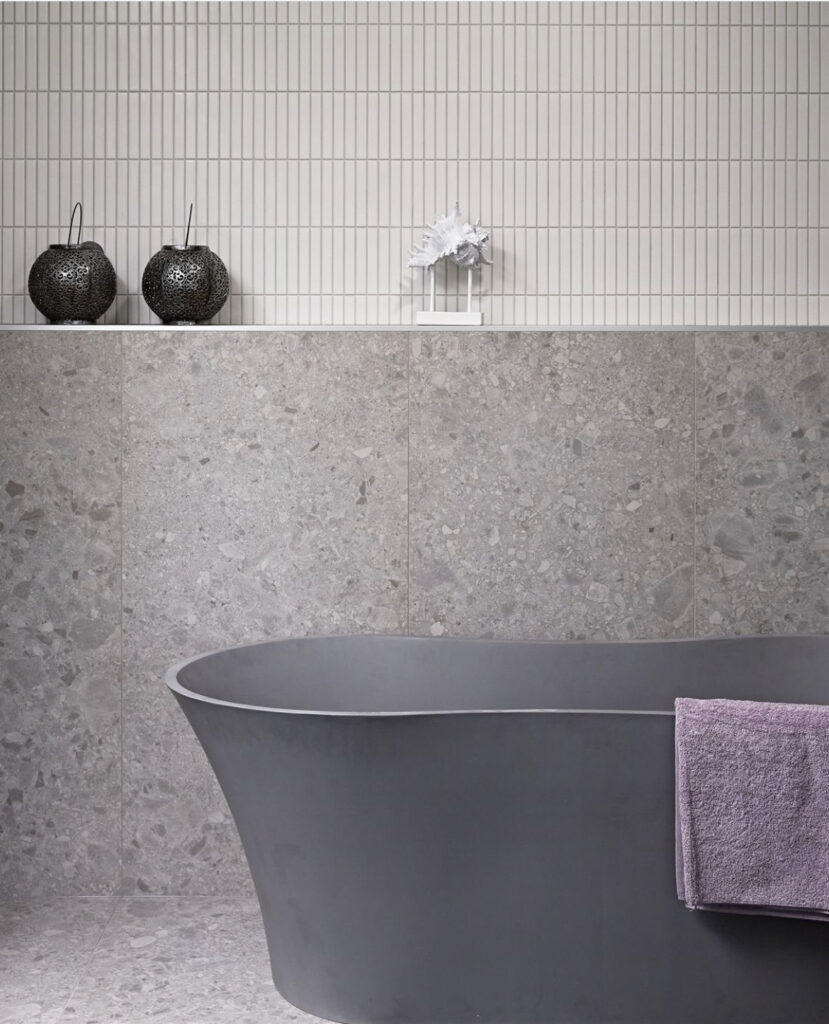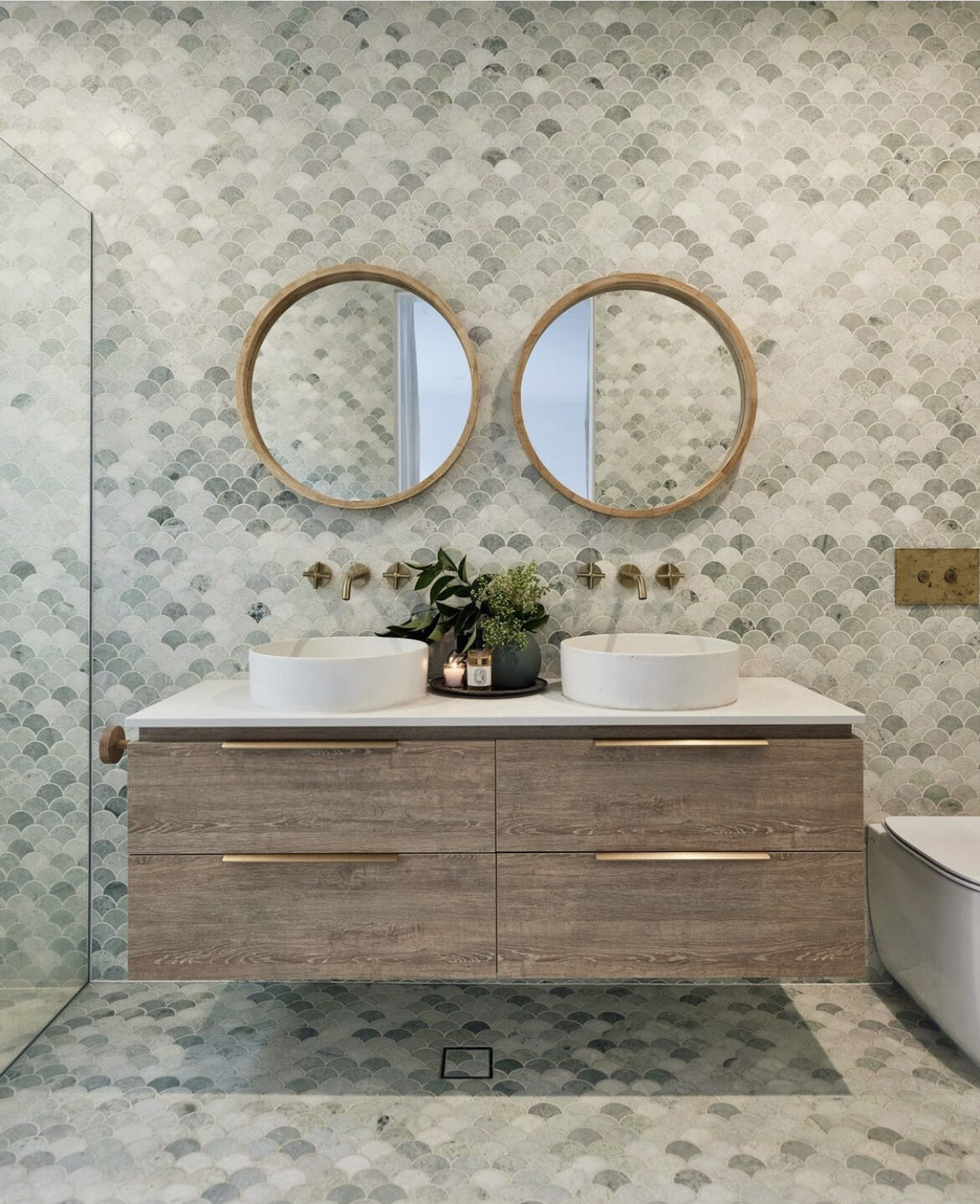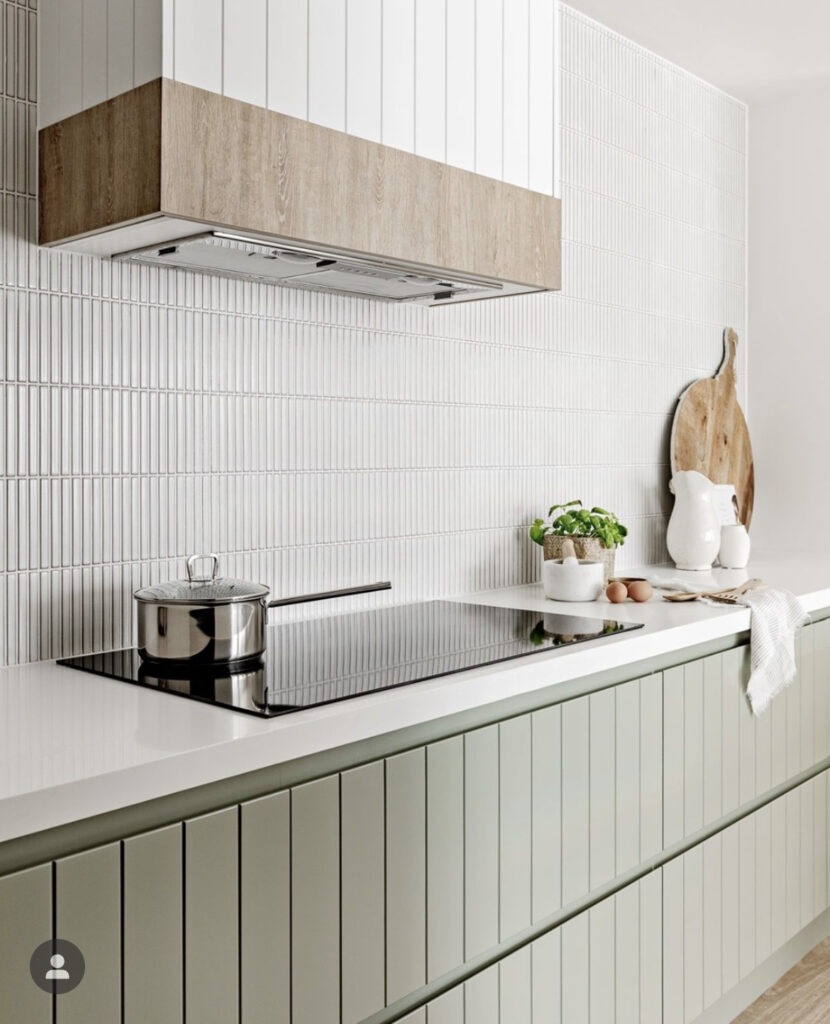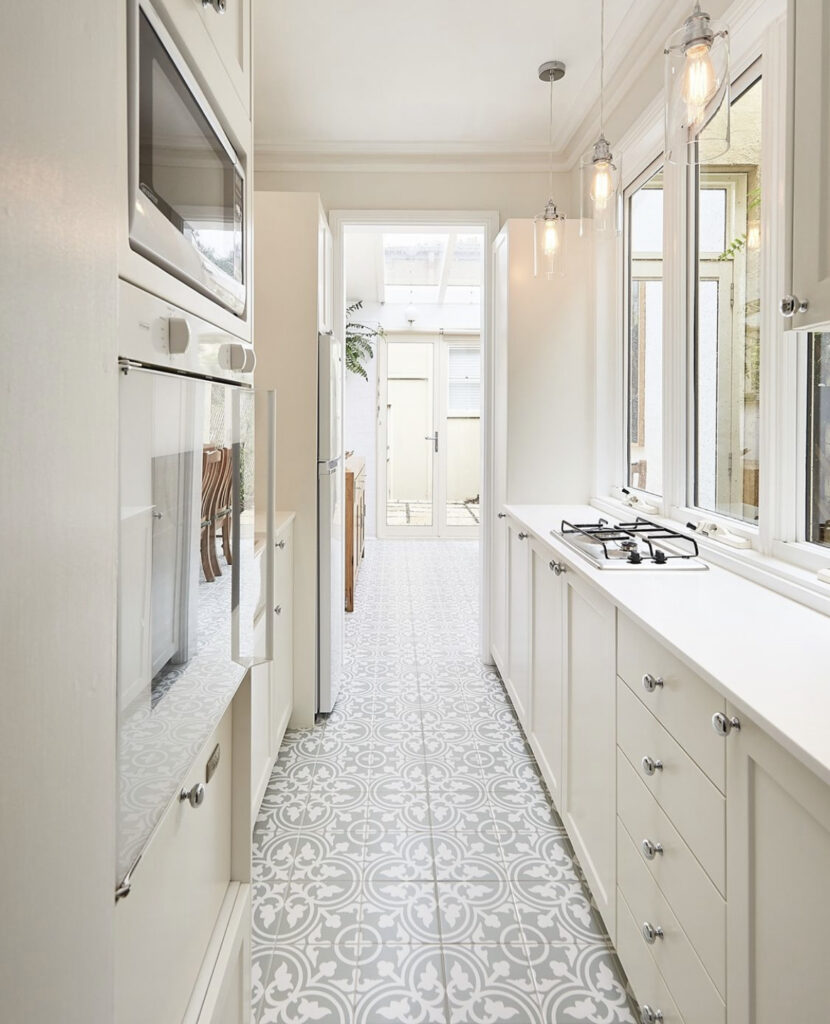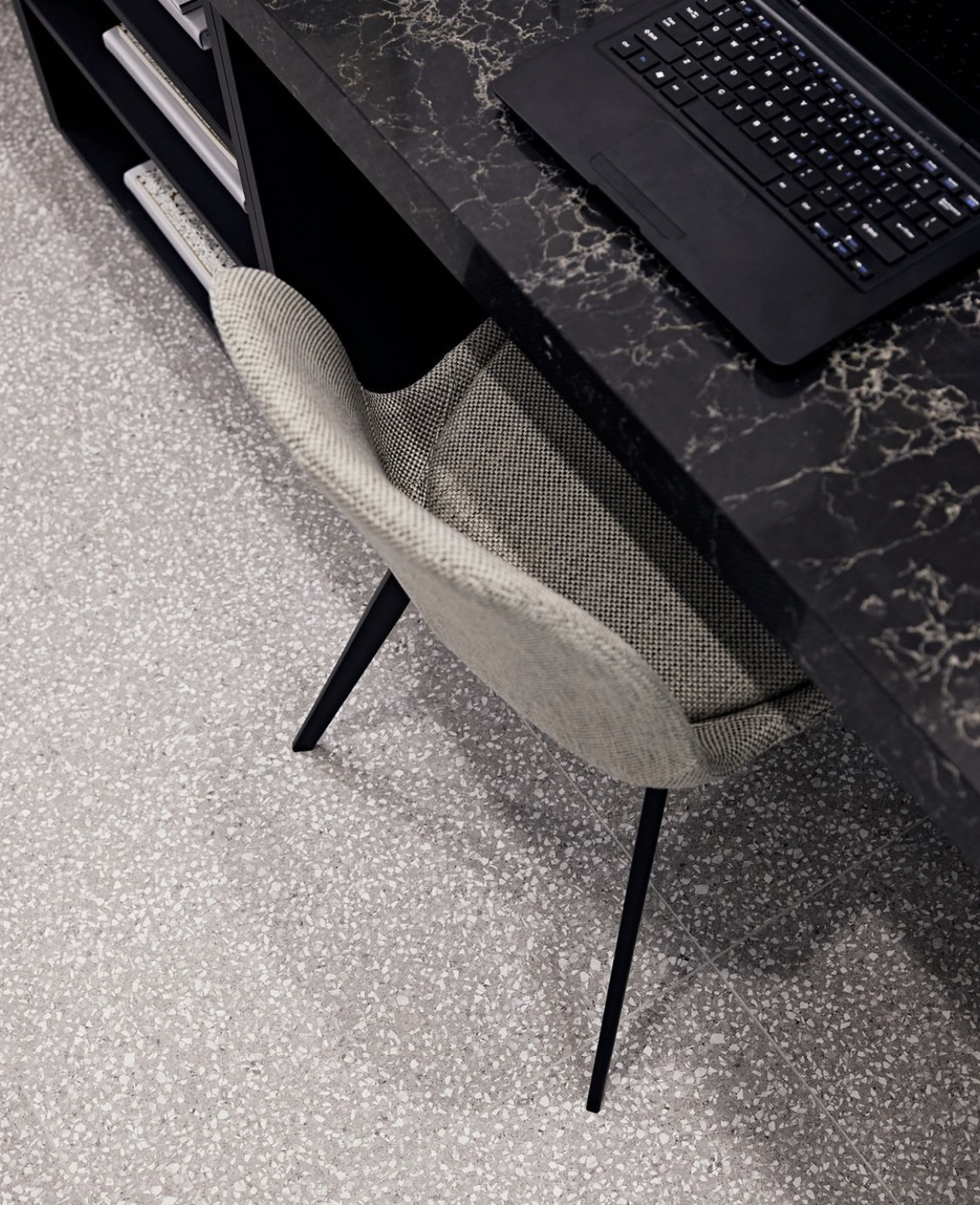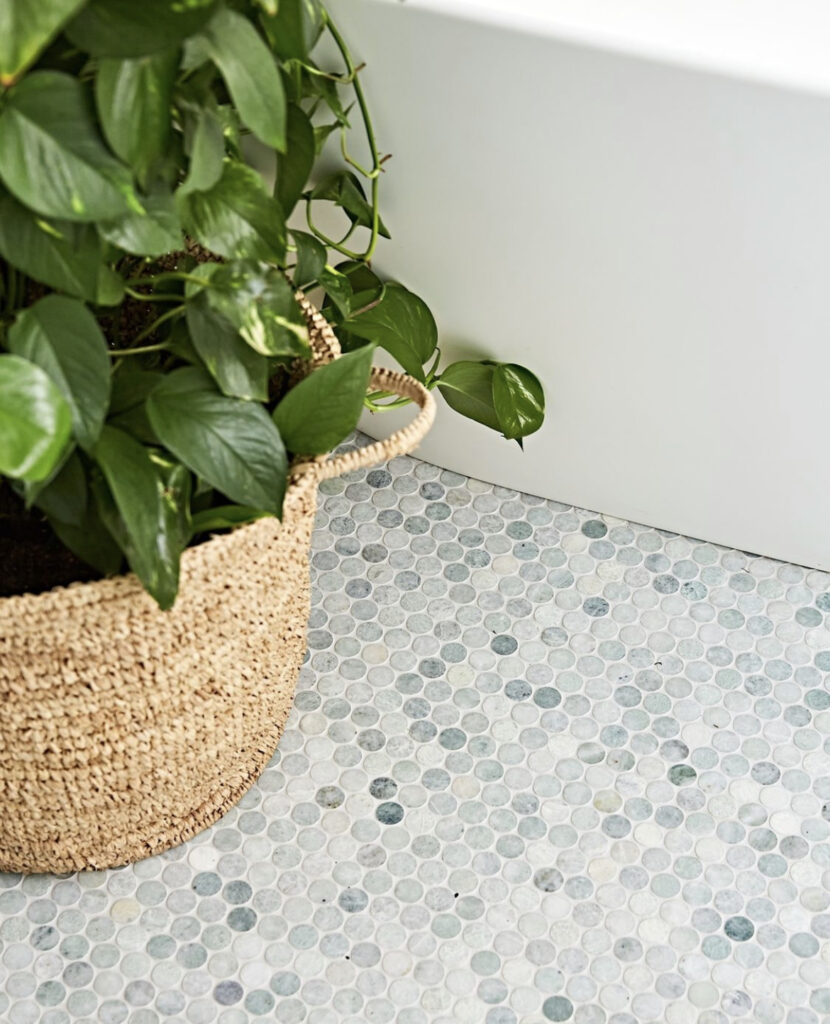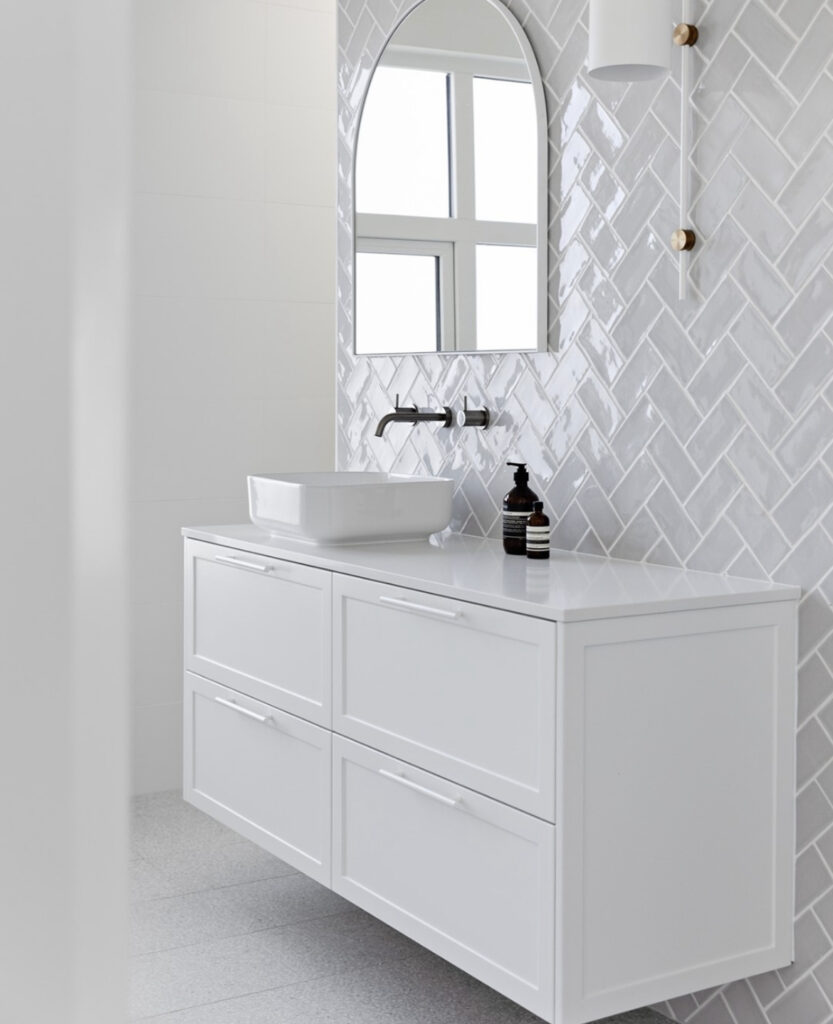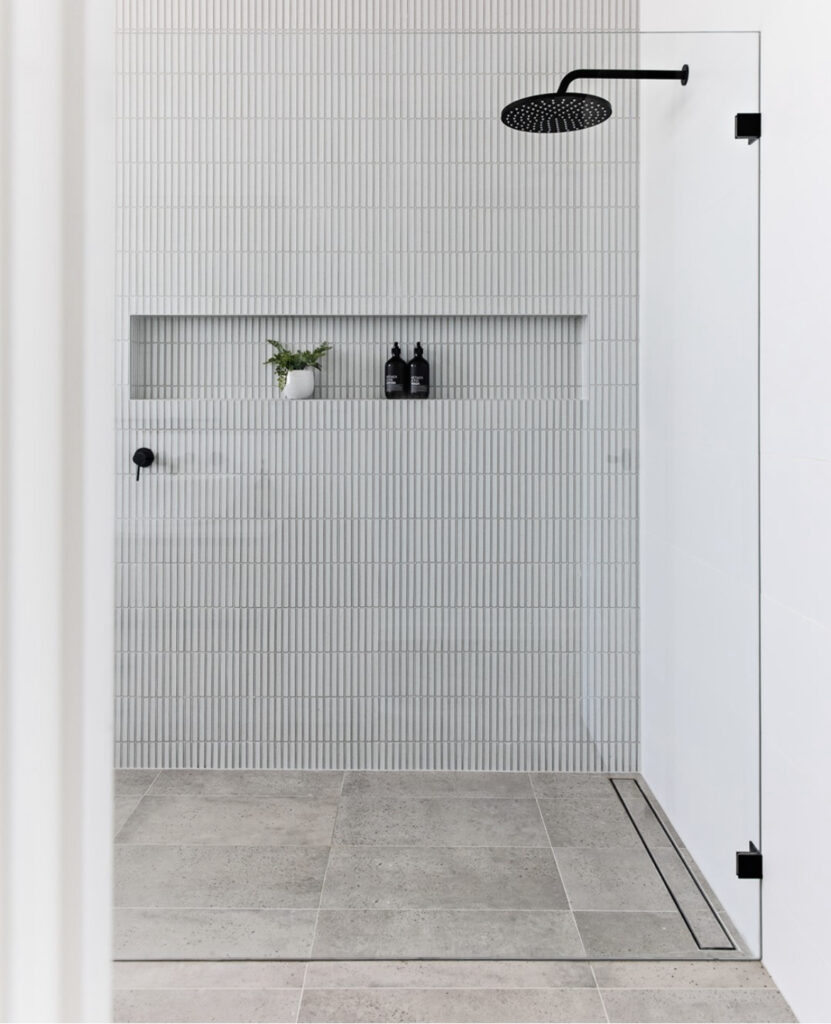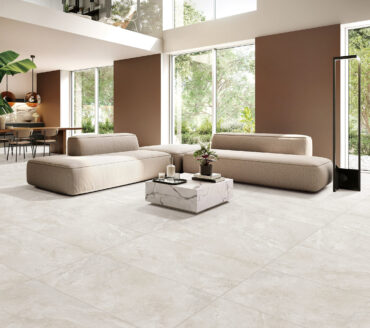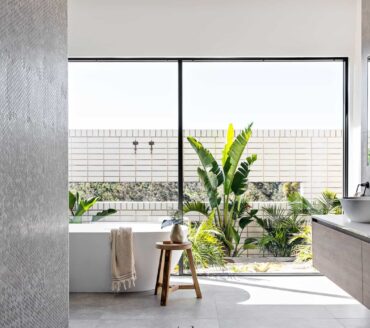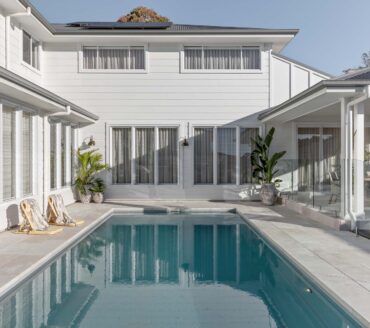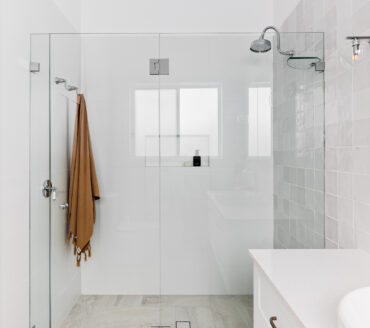When cleaning glazed tiles, a damp cloth is usually all it takes to bring back the gloss of the tiles. A routine clean with window cleaner may remove moderate stains and a stronger solution in necessary for heavily soiled surfaces. A mild solution of hot water and all purpose liquid cleaner or a soapless detergent is excellent for cleaning walls, floors and counter tops.
When cleaning it is important to remember:
Do not use powder based cleaners that may scratch the surface.
Do not use soap to clean, as it leaves a film which can dull the gloss of glazed tiles and also encourages the growth of bacteria and mould in damp areas.
All cleaning solution must be thoroughly removed from the tiles by rinsing with clean water.
To clean grouting, a plastic bristle brush is recommended. Steel wool pads should not be used as they leave steel particles, which may later rust leaving brown stains.
Due to the constant use of shower areas, tiles surfaces need a different cleaning procedure to remove the hard water deposits, soap scum and body oils that build up.
To avoid extra heavy cleaning, weekly cleaning is advised to maintain the level of hygiene and to remove dirt before it builds up into hard deposits. Routine build up can be removed with most all purpose cleaners, while hard water deposits can be eliminated by a solution of white vinegar and water. A plastic scouring pad is most useful for this kind of cleaning.
As shower recesses are damp by nature, bacteria and mould can develop when there is little ventilation. This can be removed by spraying or wiping with a chlorine bleach such as White King. This should be allowed to stand for 5 minutes and rinsed with clean-water. Caution should be taken when using bleach and it should never be mixed with ammonia.
